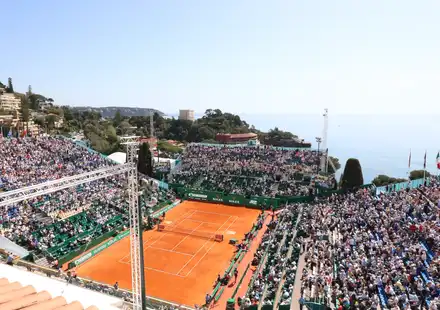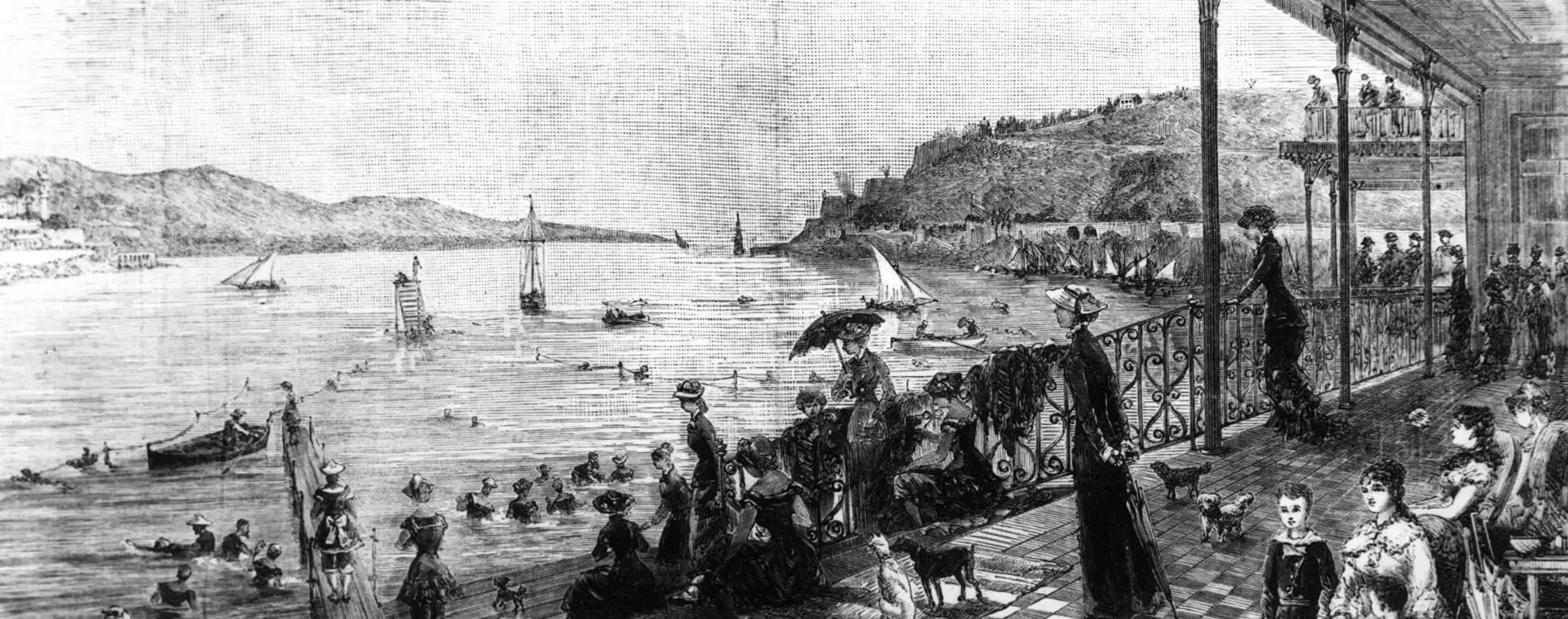Updated on April 18, 2023
A source of biodiversity, the sea offers health benefits, and it also conveys stories and narratives that are part of the history of the resort, from the Hôtel de Paris Monte-Carlo to the Thermes Marins Monte-Carlo and its restaurant, L’Hirondelle.
The Principality of Monaco celebrates its maritime heritage
The Principality looks out over the Mediterranean, and this maritime heritage is celebrated everywhere here, from the flora and fauna – real or imaginary – to its history and legends, as can be seen in the lobby decor of the Hôtel de Paris Monte-Carlo. Looking up, you can see tritons, naiads and sculpted mascarons whose function was to ward off evil spirits. Around the central stained glass window there are also four fake sea turtle shells that form a kind of dancing procession. An endangered species, these invertebrates are the subject of special attention at the Musée Océanographique de Monaco, which has built a turtle island for them. This temple of the sea helps raise awareness and educate the public on protecting the oceans and their biodiversity. It was created in 1889 at the behest of Prince Albert I, a navigator prince to whom L’Hirondelle restaurant pays tribute, with its terrace facing the horizon.
Picture: Decoration of the ceiling of the Hall of the Hotel de Paris Monte-Carlo with tritons and naiads.
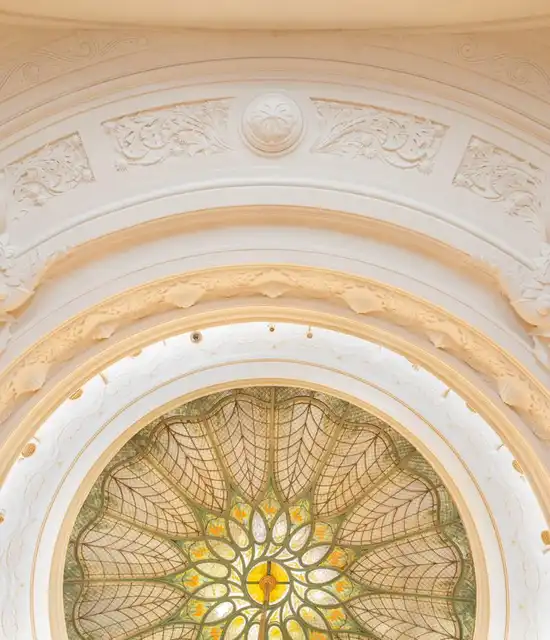
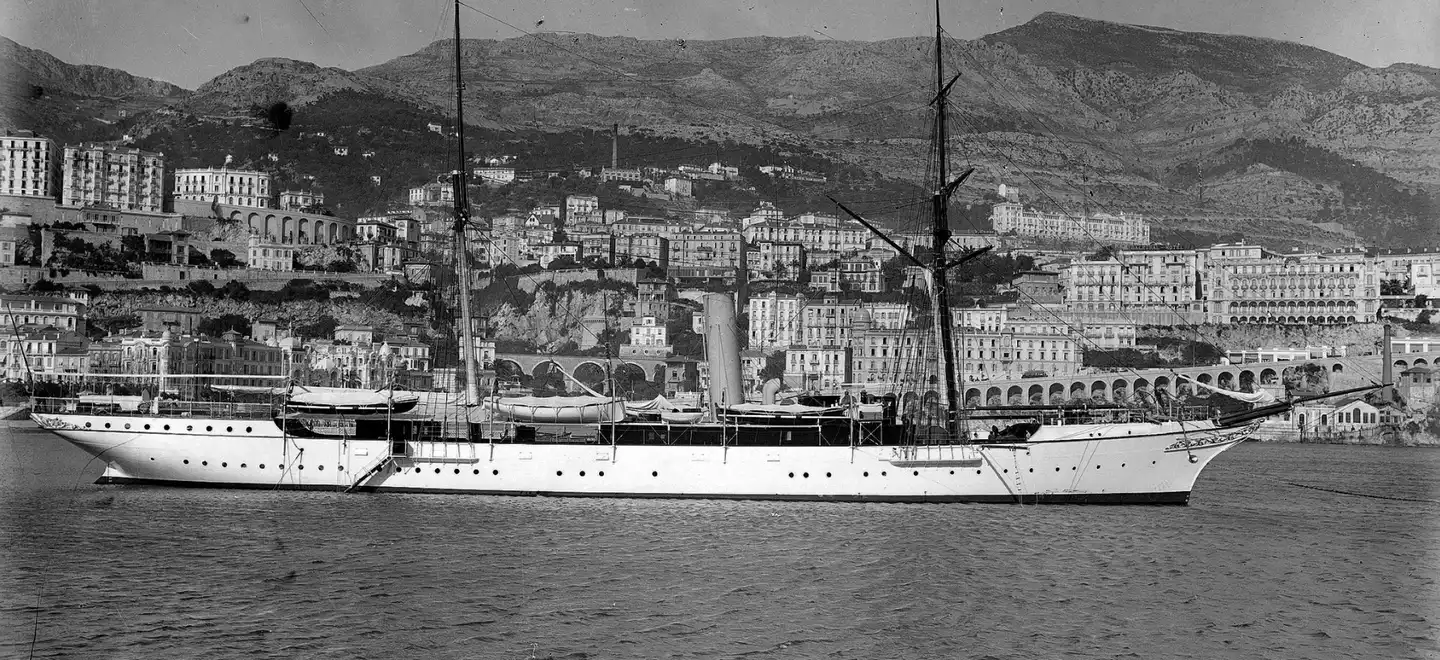
Princely ships serving science
In 1873 Prince Albert I bought a 32-metre schooner with a view to carrying out scientific explorations. Built by Camper & Nicholson and fitted out as a pleasure yacht, she was originally named the Pléiade, but was rechristened L’Hirondelle. The ship would cross the western Mediterranean, visiting the Spanish and Portuguese islands in the Atlantic, and would enable the Prince to carry out soundings to a depth of 2,870 metres. After her final campaign in 1885, the vessel would be followed by larger ships, such as the Princesse Alice, which had three laboratories and electricity, the Princesse Alice II, which was specially designed for polar expeditions, and L’Hirondelle II, measuring 82 metres. The number of crew members grew from 15 on the first ship to 80. On board, the Prince experimented with numerous inventions,
including weather balloons, wireless telegraphy, photography and even cinematography
Picture: 1912 - The Hirondelle II in the port of Monaco.
Combining seaside tourism and gaming
The Mediterranean is home to 10% of known marine species, and also offers therapeutic benefits associated with the history of the Thermes Marins Monte-Carlo and the resort. To understand this connection, we must revisit a historical event. In 1848, when Menton and Roquebrune declared themselves free towns, Monaco’s territory was divided by ten. As a consequence the Principality sought a new economic model, and decided to combine thalassotherapy and gaming, following the example of Bad Homborg. François Blanc, who had made his fortune in the German town, was commissioned by Prince Charles III to develop the project. The “bain à la lame”, or “wave bath”,
which involved immersing oneself in seawater, became popular. In 1875, the Etablissement de Bains de la Condamine offered the finest
thalassotherapy facilities, before moving to Larvotto in 1908, to a building filled with light and air. Now housed in a state-of-the-art physiotherapy building a short walk from the Hôtel de Paris Monte-Carlo, the Thermes Marins Monte-Carlo continues to develop this special relationship with the sea. On the day it opened in 1995, the director Dr Yves Treguer commented, “We had to reconnect with the sea
bathing establishments that presided over the birth of Monte-Carlo; we had to rediscover the radiant, health-giving properties of the Mediterranean; we had to reinvent a modern version of the Thermes Marins from the golden age of thalassotherapy.”
Picture: 1900 - The poster promoting thalassotherapy in Monaco.
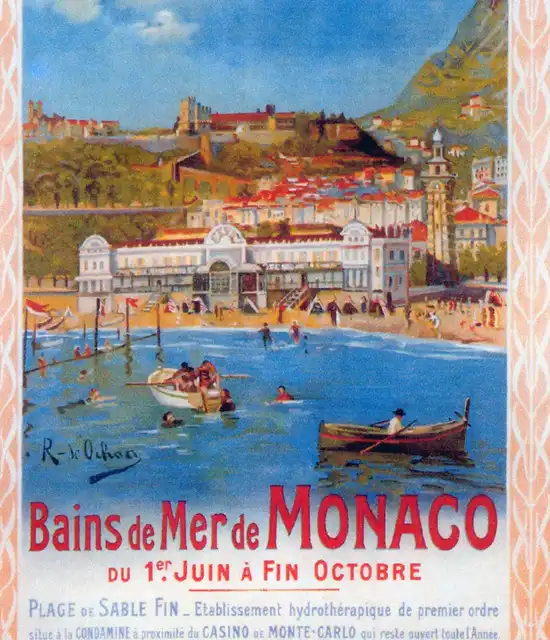
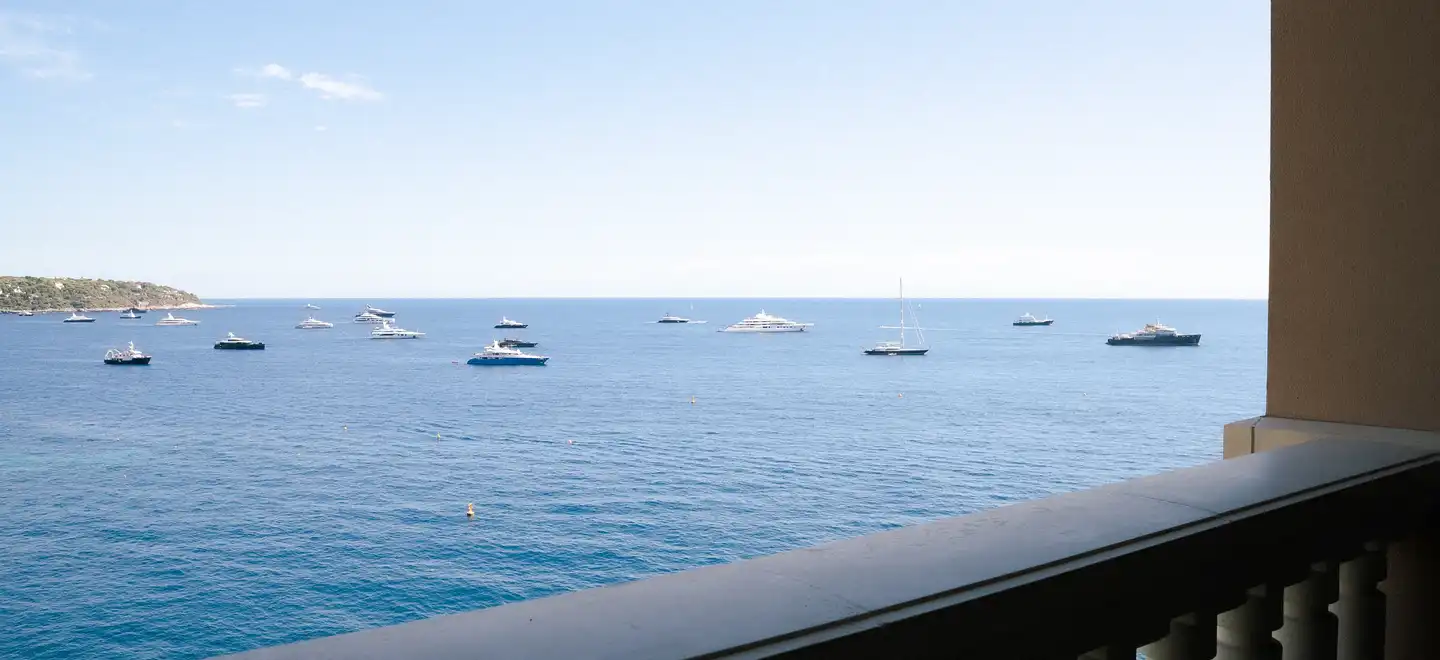
You might also like…
Easter egg hunts: chocolate treasures to share with the family
Embrace the return of milder spring days, where every ray of sunshine promises moments of pure happiness as a family. A day where the sweet thrill of chocolate meets the excitement of shared laughter, with children and adults alike enjoying an adventure that’s full of surprises. From playful egg hunts to gourmet lunches, our hotels invite you to create a host of precious memories with your children.
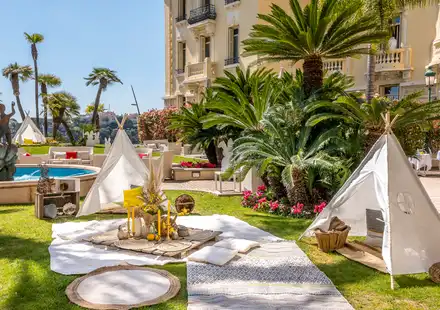
AI and tourism: a new invitation to travel
Discover how artificial intelligence is reinventing the art of travel: more seamless, more personal, more vibrant. Welcome to the era of augmented tourism.
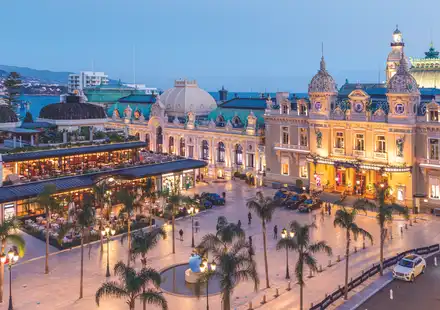
Rolex Monte-Carlo Masters, the holy ground
Learn the history of one of the most prestigious tennis tournaments of the ATP tour, the Rolex Monte-Carlo Masters. It takes place every spring on the clay courts of Monaco.
